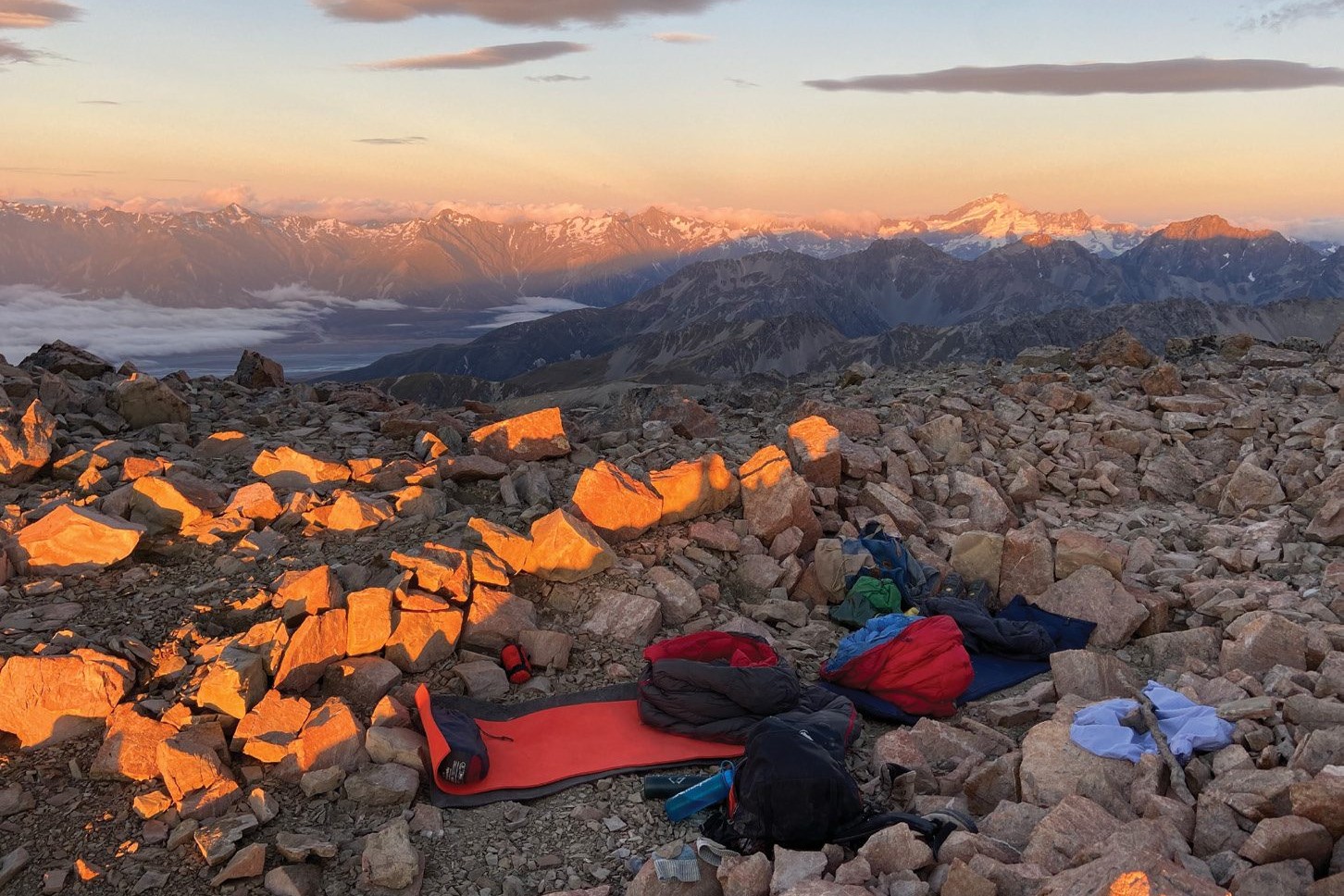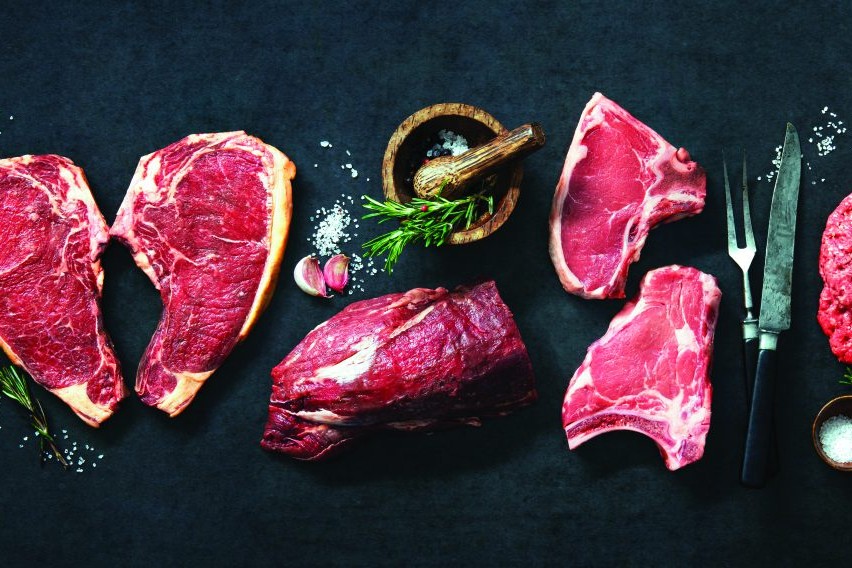Error rate climbs with age
Andrew Steven has made the most of an unusually wet summer in South Canterbury.

Andrew Steven has made the most of an unusually wet summer in South Canterbury.
AFTER BACK-TO-BACK DRY YEARS we have enjoyed a season of plenty. We have seldom had so much summer growth. What to do with it all?
Early on, we made quality balage, but there is a limit on how much I want to spend. We did make a lot of hay despite the dodgy weather. A couple of paddocks were lost to persistent wet weather.
I had hay ready on Boxing Day and made two bales before driving over a rock and bending the pickup. I knew the rock was there, even though I couldn’t see it and aimed to lift the pickup over the obstacle.
A phone call got the hay baled and I spent the next three days fixing the problem. The bit that hurt is knowing what a stupid thing that was to do, and worse, as you get older and wiser, your error rate goes up. That may be because of a casual attitude to risk and I don’t want to divulge all of my silly mistakes.
We used cattle to eat what they want and trample the rest into the ground. The clover would then grow up through the grass mat. The mower has been busy tidying up paddocks, and we have got some extra stock.
Having plenty is a better situation than the agonies of having to destock and it gives the whole farm a chance to have a rest. After dry years, the pastures and soils will benefit greatly and the earthworms can have a prolonged period of activity. The hard paddocks are softening up.
My harvest finished yesterday (March 6). The main problem has been lack of harvest opportunities with days of cool, grey and damp weather. This year we had barley, oats and 10ha of mustard seed.
Yields have been very pleasing as I only supply inputs for a yield of about 7t/ha and that has been well exceeded in the barley. Our 50ha is a very modest affair compared to the large-scale cropping enterprises in South Canterbury. For them, the harvest has been a nightmare with partial or complete loss of the grass seed and major quality loss in wheat. A lot of grain will need to be dried.
While driving the combine, I work out the cropping programme for the coming year, while remaining alert for any issues with the machine. The extra variable to consider this year are the horrors happening in Europe. What will happen with our various commodity prices? What crops will we choose and what will happen with input costs?
Our summer on the coast has been horrible, but we only need to go inland to the Mackenzie Basin to enjoy some sunshine. I managed three overnight trips in our local mountains during January.
On one of these excursions I was bivvied on a high ridge, trying to figure what the noise was. Distant thunder? Thar hunters in the next valley? It wasn’t until we got home that we learned of the volcanic explosions in Tonga. It sounded like artillery reverberating around the hills.




